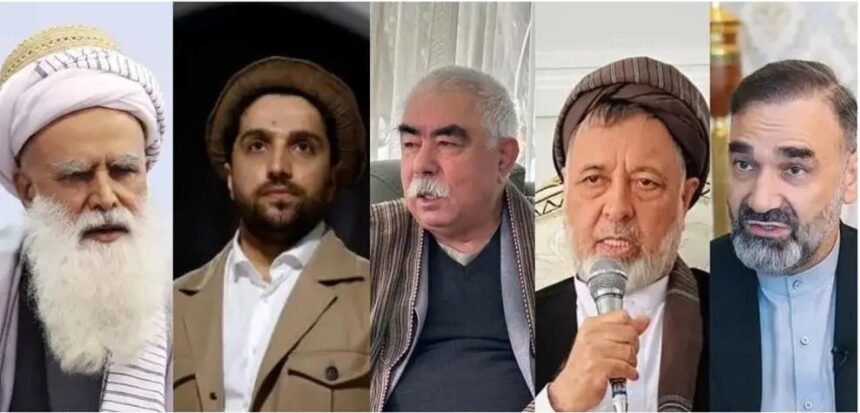RASC News Agency: The inaugural leadership council meeting of the National Assembly for the Salvation of Afghanistan was held on January 8, gathering leaders and representatives from 36 political movements and organizations under its umbrella. The meeting, presided over by Mohammad Younus Qanooni, former Vice President and a distinguished political figure, centered on a comprehensive analysis of Afghanistan’s ongoing political and humanitarian crises. Qanooni voiced profound concerns about the deteriorating conditions of Afghanistani migrants, outlined strategies for addressing the nation’s critical challenges, and underscored the importance of establishing this expansive national platform to resonate within Afghanistan, across the region, and globally.
Qanooni stated, “Afghanistan is facing an unprecedented and dire crisis.” He identified the absence of a legitimate government, the continued widespread violations of human rights, the crippling economic conditions, and the mounting pressures on Afghanistani refugees from neighboring countries as primary contributors to the pervasive despair among the Afghanistani people. Emphasizing the need for immediate collective action, he declared, “The time has come for us to unite and work tirelessly for our country.” Qanooni reaffirmed the Assembly’s commitment to resisting the Taliban’s oppressive rule and striving for Afghanistan’s liberation.
The leadership council’s meeting, attended by leaders of 36 political entities, civil society representatives, and social organizations, concluded with several significant decisions:
Institutional Framework: The Assembly approved and activated its proposed structure, comprising nine committees and their associated subdivisions, to ensure effective operations.
Women’s Conference Approval: Plans for hosting the Assembly’s inaugural women’s conference were endorsed, alongside the formal adoption of its proposed resolution.
Charter Drafting Commission: The establishment of a charter drafting commission, chaired by former Vice President Mohammad Sarwar Danish, was officially approved.
Youth Leadership Empowerment: A resolution was passed mandating that educated, skilled, and experienced young professionals lead all working committees, ensuring dynamic and impactful participation by the youth.
Refugee Crisis Statement: The Assembly unanimously condemned the forced deportation of Afghanistani refugees from neighboring countries, particularly Iran, Turkey, and Pakistan. It highlighted that such measures not only fail to address the crisis but also aggravate Afghanistan’s humanitarian disaster. The Assembly stressed that the only viable solution to mitigate mass migration and encourage the voluntary return of refugees is through fundamental reforms in Afghanistan, including the replacement of the current regime with a legitimate government that reflects the will of the people.
Additionally, the Assembly reached further resolutions aimed at fortifying its efforts to address Afghanistan’s multifaceted crises comprehensively.






